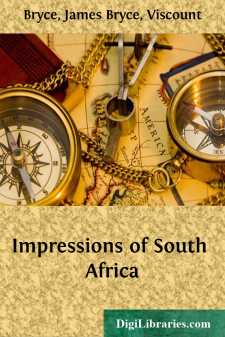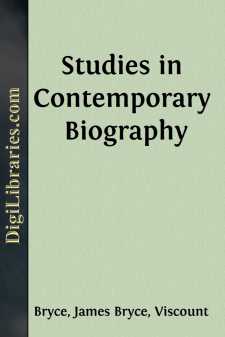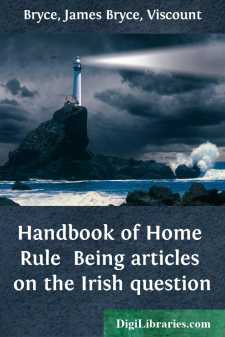Categories
- Antiques & Collectibles 13
- Architecture 36
- Art 48
- Bibles 22
- Biography & Autobiography 813
- Body, Mind & Spirit 142
- Business & Economics 28
- Children's Books 17
- Children's Fiction 14
- Computers 4
- Cooking 94
- Crafts & Hobbies 4
- Drama 346
- Education 46
- Family & Relationships 57
- Fiction 11829
- Games 19
- Gardening 17
- Health & Fitness 34
- History 1377
- House & Home 1
- Humor 147
- Juvenile Fiction 1873
- Juvenile Nonfiction 202
- Language Arts & Disciplines 88
- Law 16
- Literary Collections 686
- Literary Criticism 179
- Mathematics 13
- Medical 41
- Music 40
- Nature 179
- Non-Classifiable 1768
- Performing Arts 7
- Periodicals 1453
- Philosophy 64
- Photography 2
- Poetry 896
- Political Science 203
- Psychology 42
- Reference 154
- Religion 513
- Science 126
- Self-Help 84
- Social Science 81
- Sports & Recreation 34
- Study Aids 3
- Technology & Engineering 59
- Transportation 23
- Travel 463
- True Crime 29
James Bryce Bryce
James Bryce Bryce (1838–1922) was a British historian, jurist, and politician known for his work on constitutional law and his diplomatic career. He is most famous for his book "The American Commonwealth" (1888), which provided a detailed analysis of the U.S. political system and society. Bryce also served as the British Ambassador to the United States from 1907 to 1913, fostering strong relations between the two nations. In addition to his diplomatic work, he wrote extensively on historical and legal topics, including "The Holy Roman Empire" (1864).
Author's Books:
Sort by:
PREFATORY CHAPTER This new edition has been carefully revised throughout, and, as far as possible, brought up to date by noting, in their proper places, the chief events of importance that have occurred since the book first appeared. In the historical chapters, however, and in those which deal with recent politics, no changes have been made save such as were needed for the correction of one or two...
more...
BENJAMIN DISRAELI, EARL OF BEACONSFIELD When Lord Beaconsfield died in 1881 we all wondered what people would think of him fifty years thereafter. Divided as our own judgments were, we asked whether he would still seem a problem. Would opposite views regarding his aims, his ideas, the sources of his power, still divide the learned, and perplex the ordinary reader? Would men complain that history cannot...
more...
AMERICAN HOME RULE BY E.L. GODKIN American experience has been frequently cited, in the course of the controversy now raging in England over the Irish question, both by way of warning and of example. For instance, I have found in the Times as well as in other journals—the Spectator, I think, among the number—very contemptuous dismissals of the plan of offering Ireland a government like that of an...
more...




